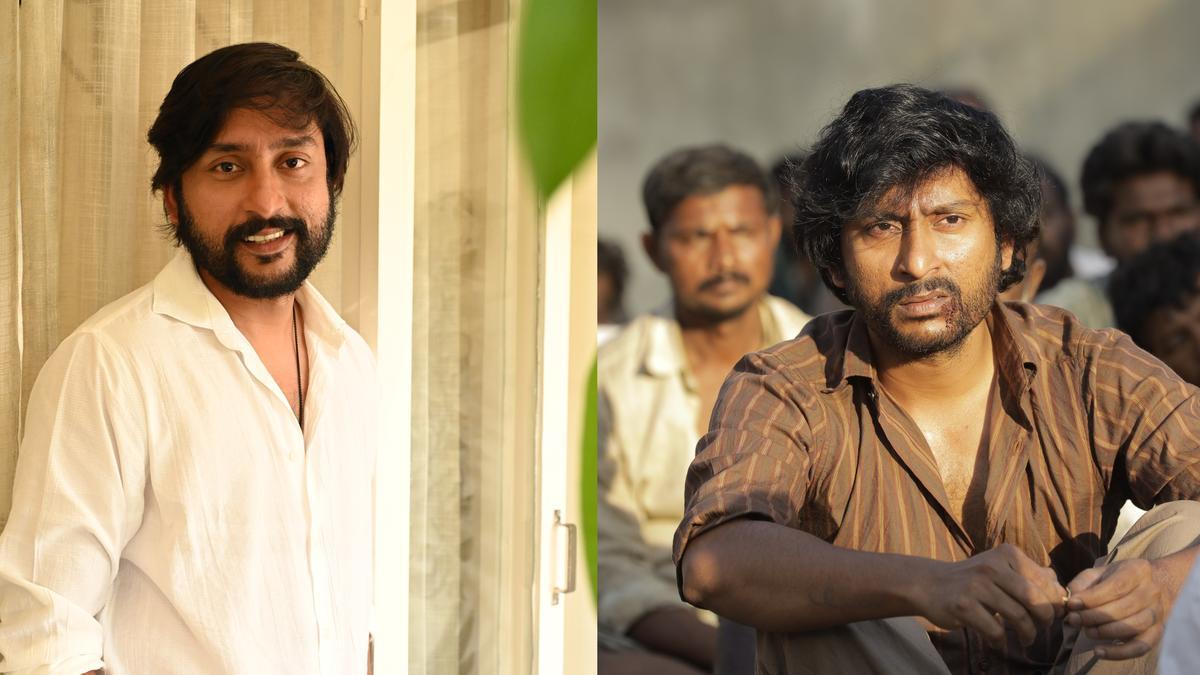
India’s campaign in the ICC Women’s T20 World Cup encountered a tumultuous beginning as they faced a resounding defeat against New Zealand by 58 runs. The match, played on Friday, October 4, at the iconic Dubai International Cricket Stadium, left the Indian women’s cricket team grappling not only with the significant loss but also with a contentious umpiring decision that emerged as the focal point of the game.
As the match unfolded, every cricket enthusiast kept their eyes glued to the action-packed showdown. However, it was an umpiring call during New Zealand’s innings that became the talking point, overshadowing the prevalent dominance exhibited by the New Zealand team. This incident involved star all-rounder Amelia Kerr, whose attempted run-out sparked a heated controversy.
The controversy erupted in the 14th over of New Zealand’s innings. Amelia Kerr, well known for her aggressive playing style, was attempting to push the momentum by stealing a second run off the last ball of the over. Deepti Sharma, executing a short-of-a-good-length delivery, saw Kerr playing the ball towards long-off. The Indian fielder, Harmanpreet Kaur, swiftly moved to retrieve the ball but did not immediately return it to either the bowler or wicketkeeper.
Sensing an opportunity, Kerr made a dash back to the striker’s end to secure a second run. The alert Harmanpreet, recognizing Kerr’s intention, took a precise throw aimed at the stumps on the striker’s end. Wicketkeeper Richa Ghosh, exhibiting agile reflexes, collected the ball and dislodged the bails before Kerr could make it back to the crease. Initially, it seemed like India had successfully claimed a crucial wicket. Disheartened, Kerr began her walk back to the pavilion, seemingly accepting her dismissal.
But the drama wasn’t over. The fourth umpire, Lauren Agenbag, intervened before Kerr stepped off the field entirely.
. Following an extensive discussion, the on-field umpires, Jacqueline Williams and Anna Harris, ruled that the ball was dead and negated the run-out appeal, leaving the Indian contingent visibly frustrated. India, believing they had secured a legitimate wicket, argued the point, resulting in a prolonged discussion involving the players, umpires, and head coach Amol Muzumdar.
This decision was pivotal in the flow of the game and sparked debate both on and off the field. References were soon being made to the MCC’s Law on a Dead Ball, a rule clearly defining under what circumstances a ball in play can be deemed dead.
Jemimah Rodrigues, an influential voice in Indian cricket, later reflected on the incident, pointing out the perceived injustice of the situation. In her statement, cited by ESPNcricinfo, Rodrigues articulated her belief that India’s fate was sealed by a decision that she regarded as a bit harsh. “I was not there when the umpire gave the cap to Deepti,” Rodrigues recounted, “but New Zealand seemed quite confident in their pursuit of a double run. Amelia Kerr’s attempt at a second run indicated that the over wasn’t concluded. Our belief was firm that the run-out was valid. What if that run-out hadn’t occurred? Would they have registered a second run for the act? These are factors beyond our control, but it’s worth noting that even Amelia began to leave because she believed she was out.”
Rodrigues’s comments shed light on the team’s sentiments regarding the fairness of the ruling. A moment that could have tilted the game momentarily in India’s favor now serves as an awakening in a tournament where margins of error can be costly. Despite the setback, India must now regroup and respond to the challenges ahead as they continue their World Cup journey while keeping their prospects for the semifinals alive, albeit slightly bruised.
In the aftermath, the considerable divide in opinions over the take on umpiring consistency casts a lingering shadow over India’s crushing defeat. Although no outcome can be reversed, cricket analysts and fans alike will likely continue to scrutinize this episode, fueling ongoing dialogues about the clarity and application of rules in international cricket.










